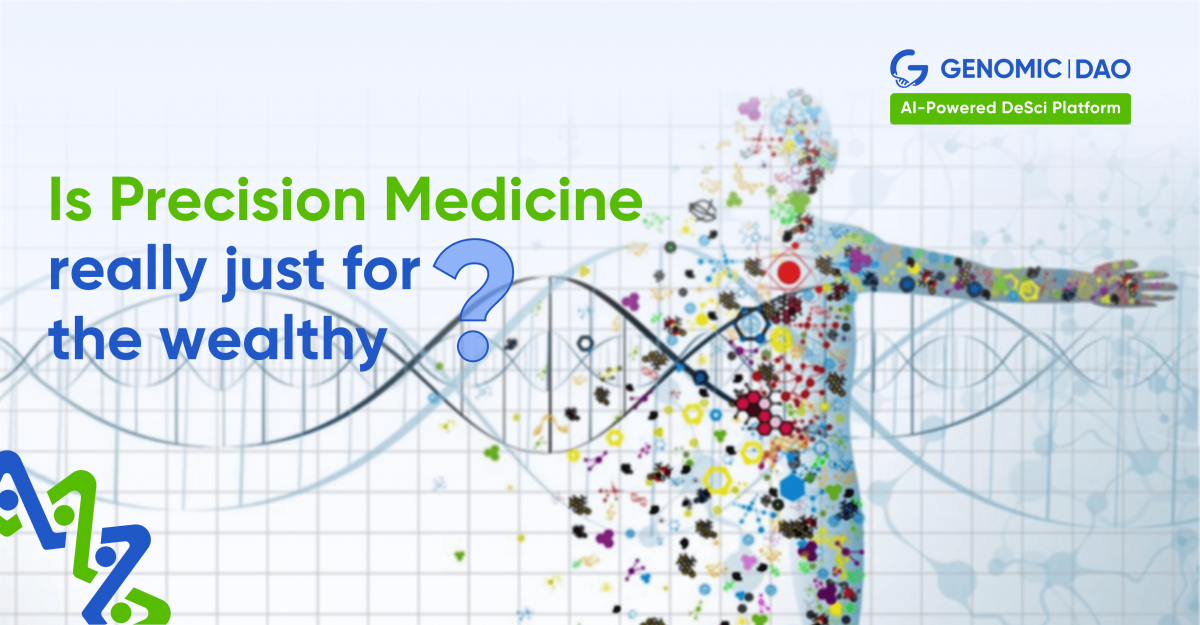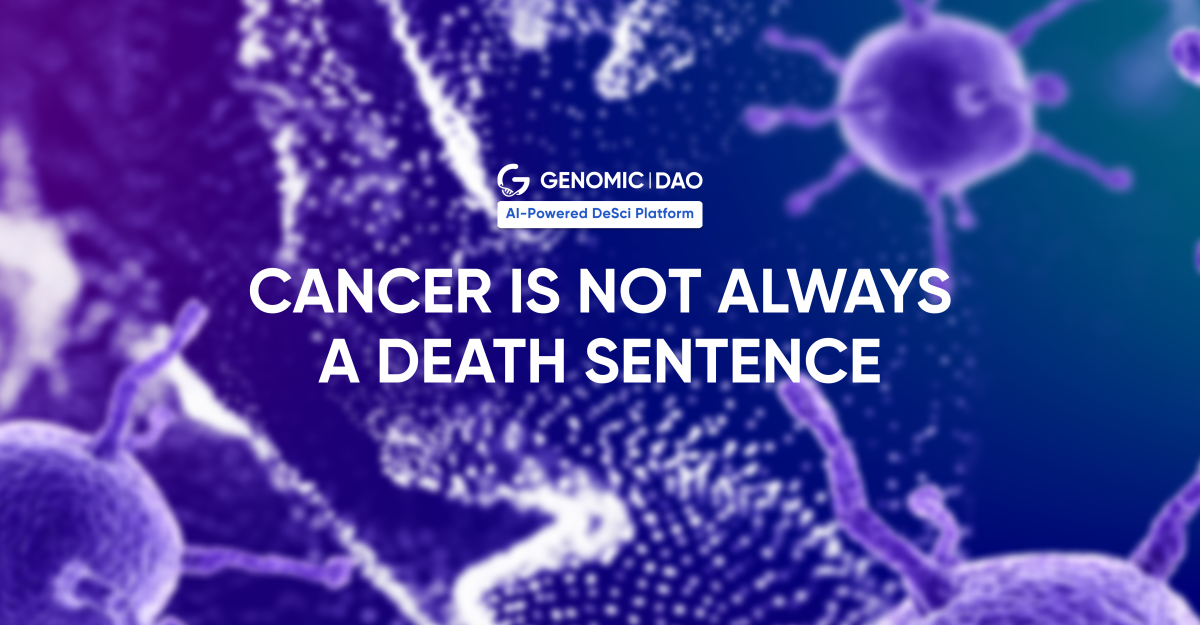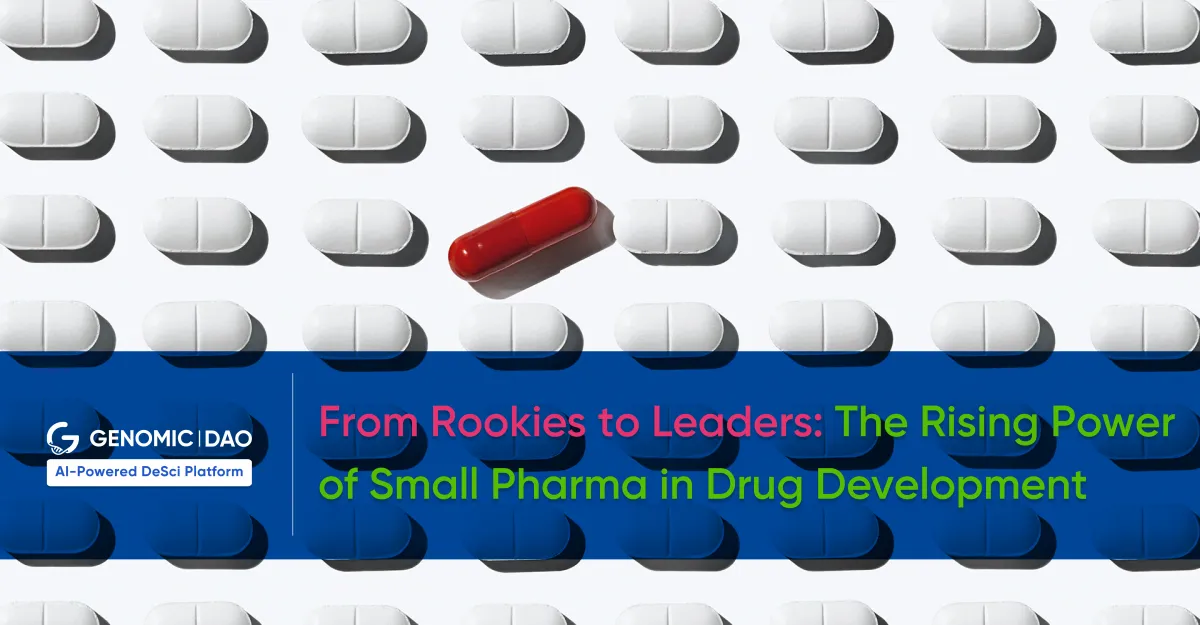
Precision medicine is an innovative approach to healthcare that tailors medical treatment to an individual’s genetic makeup. It involves analyzing a patient’s DNA to understand the genetic basis of their disease and develop personalized treatments accordingly. However, a common misconception remains that precision medicine is only for the wealthy.
Gene decoding is no longer a luxury
One of the biggest reasons for this misconception is the high cost associated with genetic testing. While it is true that genetic testing can be expensive, the cost has decreased significantly in recent years, making it more accessible to a wider range of patients.
In 2008, the cost of sequencing a human genome dropped to $1 million. By 2012, the cost had dropped to $10,000, and in 2016, it was possible to sequence a human genome for $1,000. Today, the cost of decoding a human genome is around $600 (Source: Gene decoding is no longer a luxury).
Additionally, direct-to-consumer gene decoding service has been gaining wide popularity with the rise of 23andMe, MyHeritage, Prenetics, and Genetica,… making genetic testing more accessible to the general public.
The role of Artificial Intelligence (AI) in making Precision Medicine accessible
Artificial Intelligence (AI) has become a disruptive technology that started a cultural transformation in healthcare. Advanced methods are made available to both medical professionals and patients, leading to three significant changes: (1) patients are now the point-of-care, (2) there’s a huge amount of data that needs advanced analytics, and (3) precision medicine is now possible.
In Precision Medicine, AI quickly analyzes data from genetic testing and other medical tests to identify patterns and predict individual health outcomes. AI also speeds up drug development by identifying potential drug targets, predicting the efficacy of new drugs, and developing more effective treatments for complex diseases. Additionally, AI identifies high-risk patients, allowing for earlier intervention and prevention. (1)
AI significantly reduces the time, effort, and funds allocated to conducting large-scale data analysis, further reducing costs for healthcare procedures.
Precision Medicine will save healthcare costs
Precision medicine enables healthcare professionals to identify the most suitable treatment for each patient, through prevention, prediction, and participation. Avoiding unnecessary care and improving treatments, is both economically and medically advantageous.
In precision medicine, the treatment process starts with genetic and molecular analyses to identify what sets each patient apart. Using this information, the patient’s profile is compared to others to determine which subpopulation they belong to. This helps to apply a tailored treatment to each individual’s unique situation. (2)
In the long run, precision medicine reduces the need for expensive trial-and-error treatments that may not be effective. By tailoring treatments to an individual’s genetic makeup, precision medicine can improve treatment outcomes and reduce the need for multiple rounds of treatment, ultimately saving patients and healthcare providers time and money.
Government & private sector efforts for accessible Precision Medicine
Governments worldwide are investing in precision medicine to empower patients, promote research, and accelerate the development of new treatments. The US launched the Precision Medicine Initiative in 2015, part of the National Institutes of Health (NIH) program, which funds medical research (3). The UK launched the 100,000 Genomes Project to sequence genomes of 100,000 patients with rare diseases and cancer and make genomic medicine routine in the National Health Service (NHS) (4). These initiatives have made precision medicine more accessible, accelerated research and development, and led to new genetic targets and potential treatments.
Private companies and organizations also invest in precision medicine, including pharmaceutical firms, biotech startups, and research institutions. There have been increasing efforts to break away from traditional medicine R&D to advance precision medicine using various innovative approaches and technologies. For example, Genetica has launched a decentralized science platform for precision medicine, leveraging three key pillars of technology Artificial Intelligence, Gene Decoding Technology, and Blockchain, which utilizes community strength to effectively initiate, govern, and accelerate Precision Medicine initiatives.
References:
- Mesko, Bertalan. et al. (no date) The role of Artificial Intelligence in Precision Medicine, Taylor & Francis. Available at: https://www.tandfonline.com/doi/full/10.1080/23808993.2017.1380516(Accessed: March 14, 2023).
- Are all patients equal in front of precision medicine? (no date) Dialogues Economiques. Available at: https://www.dialogueseconomiques.fr/en/article/are-all-patients-equal-front-precision-medicine (Accessed: March 14, 2023).
- What is the precision medicine initiative?: Medlineplus Genetics (no date) MedlinePlus. U.S. National Library of Medicine. Available at: https://medlineplus.gov/genetics/understanding/precisionmedicine/initiative/#:~:text=The%20Precision%20Medicine%20Initiative%20is,to%20prevent%20or%20treat%20disease. (Accessed: March 14, 2023).
- 100,000 genomes project (no date) Genomics England. Available at: https://www.genomicsengland.co.uk/initiatives/100000-genomes-project(Accessed: March 14, 2023).






